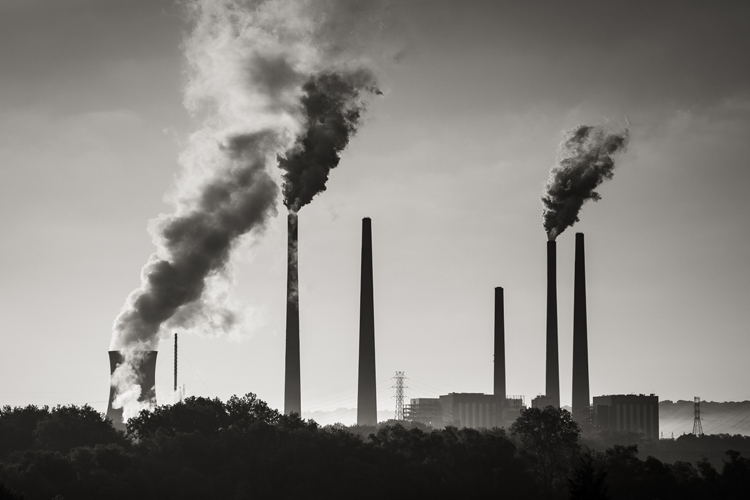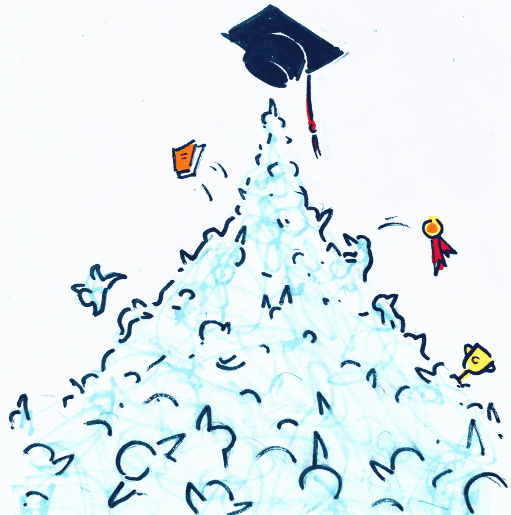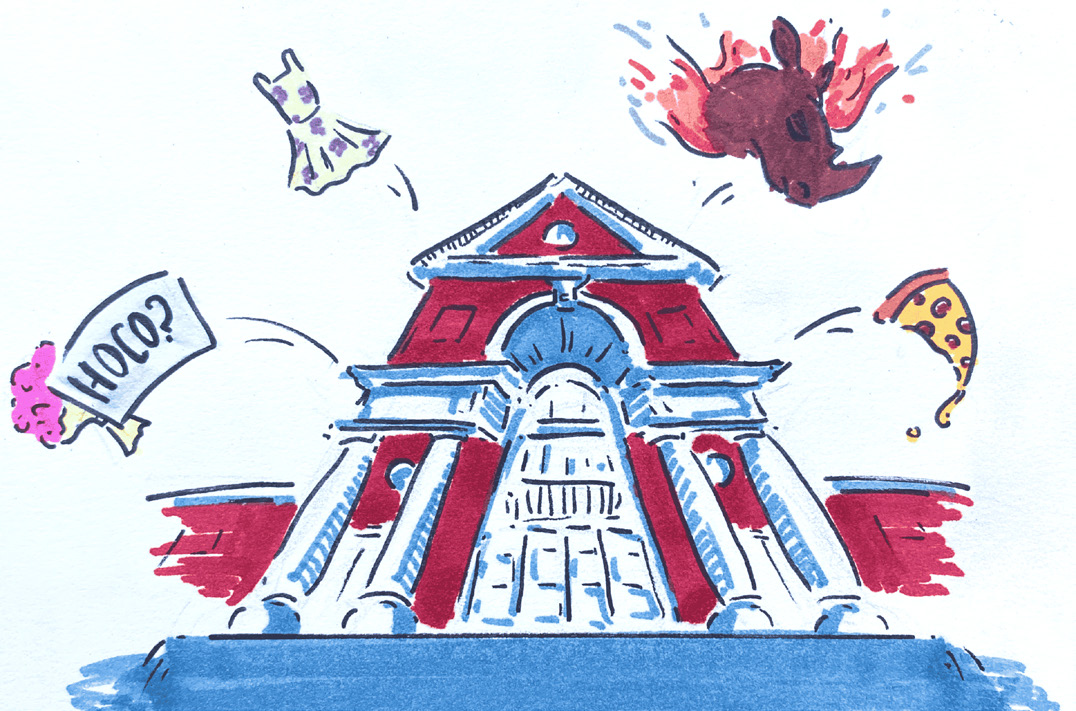Canadian fires turned nearly 40 million acres of forest to ash this summer. In California, temperatures soared to a record-breaking 131 degrees. Our planet is crying out for help.
Climate change has been widely acknowledged as a major problem since the 1980s. Some populations are more affected than others by the changing climate. Much of Somalia suffers from drought, and according to the International Rescue Committee, fifty percent of its population is struggling with food insecurity.
As humans, we tend to avoid changing our actions until we experience the consequences, so much of the world can afford to behave as if climate change is unimportant.
But, eventually, this issue will impact all of us — drastic effects are already beginning to reach every corner of the world. Solving the climate crisis is the moral responsibility of every person, government, and developed nation.
Change starts with the people. We must become conscious of how our lifestyles contribute to the crisis. In the United States, each person emits an average of 14.7 metric tons of carbon into the atmosphere, far more than other countries. So, how do we go about changing?
Within our Hotchkiss bubble, we are mostly oblivious to the effects of climate change. On campus, we experience sunny spring days and blankets of fluffy snow in the winter. Due to our temperate climate, we often fail to realize that much of the world is facing environmental disaster.
To alleviate the impact we have on the earth, we can begin with several steps.
Firstly, awareness. We need to be aware of how significant a role we play in the climate crisis and how to make a change.
Secondly, we must conserve resources. Conserving resources means turning off the lights when you leave your room or reducing the consumption of unnecessary items.
Awareness is only half of the battle. You must encourage and support others to make changes. Become involved with SEA, educate your friends, or get involved within your community. Every step, small or large, counts.
It’s not just individuals; governments and corporations are also to blame. We need laws to support sustainability, and progress on these is far too slow. Yes, there are many forums for international discussion on the climate crisis, but the policies proposed at these conferences are yet to be implemented, especially by the nations that have contributed most to the current crisis.
CO2 levels have risen from under 300 ppm to 400 ppm in recent years. We lose sea ice at a rate of 12.3% each decade, according to NASA. After experiencing the seven warmest years on record in the last decade, we must think long-term about how climate change will affect communities at risk. If we don’t all change how we live, environmental disasters will become more frequent, larger, and deadlier.
To solve climate change, we all need to help in every way we can. Many who have gone through the effects of climate change understand how important it is to solve it, but even those who haven’t experienced a deadly natural disaster can still see the impact of a changing climate. We must all act to address climate change so we continue to live on Earth.






